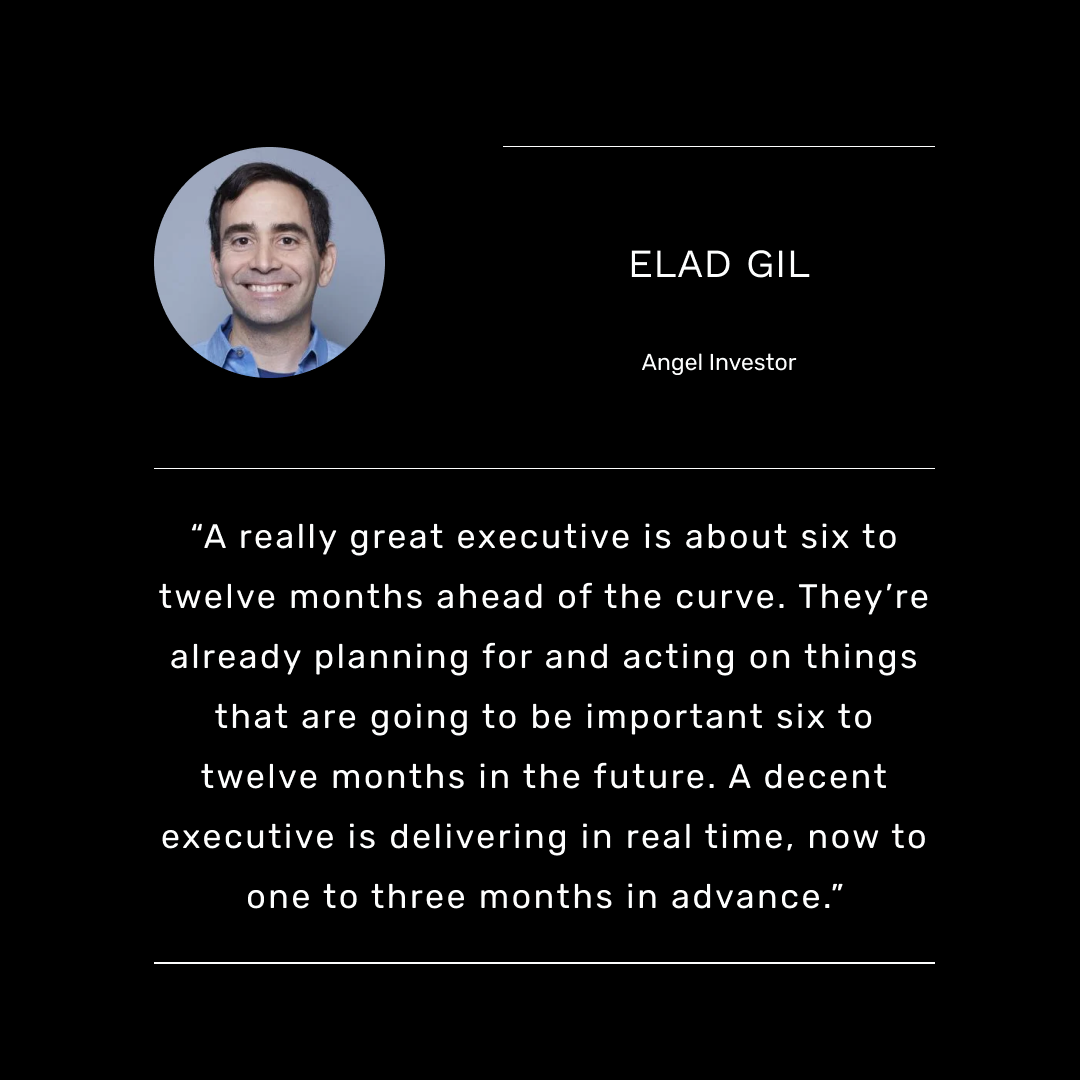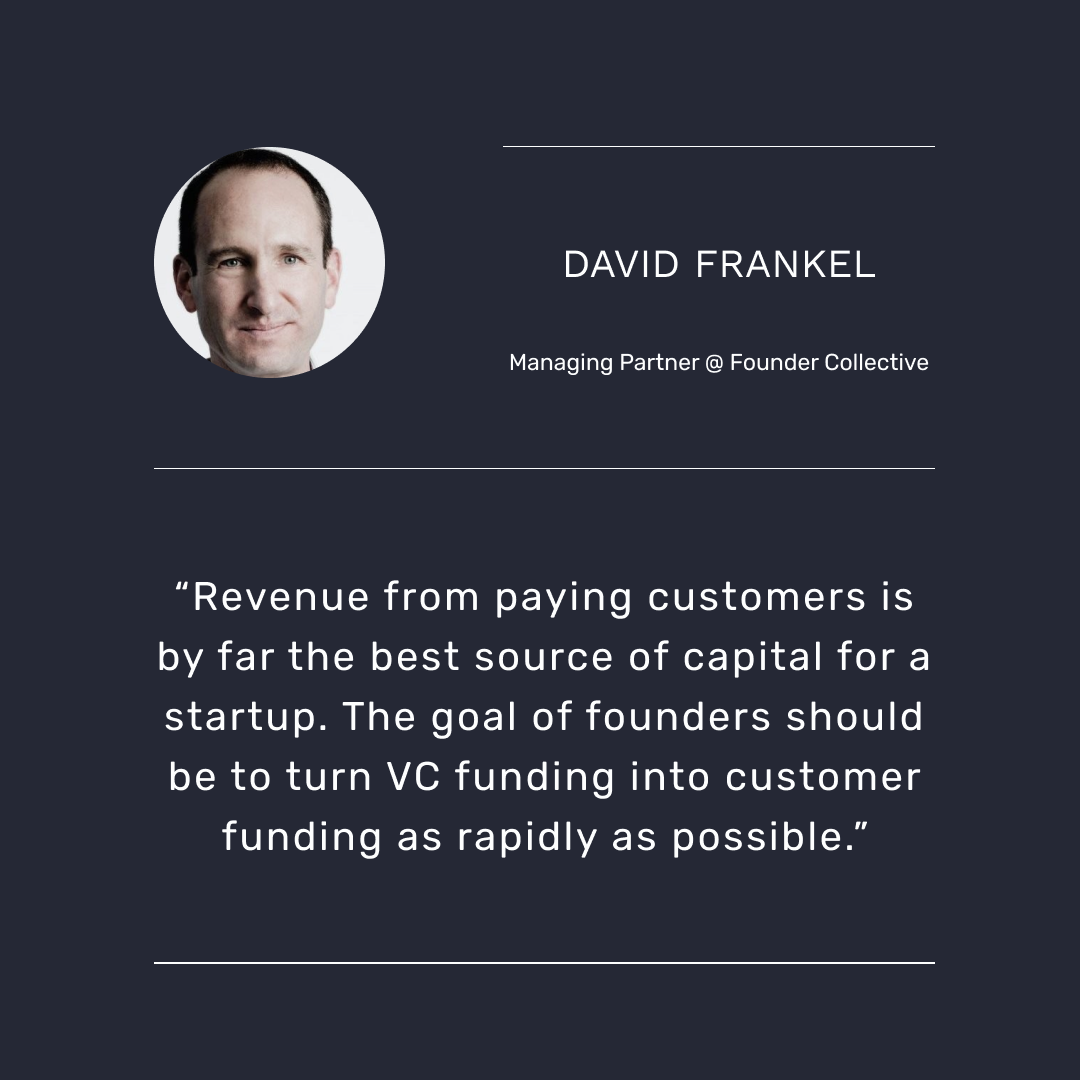
David Frankel (@dafrankel) is the founder and managing partner at Founder Collective.
Before starting the fund, David built the largest internet service provider in South Africa (without any external funding) before selling it in 1997. He took the early win, started investing in his peers, and the rest is history.
Today, Founder Collective manages hundreds of millions of dollars, and it is considered one of the best seed funds in the world.
Here are 21 takeaways from studying David, his career, and his investment philosophy.
VC Tech Stack: 88 tools used by tier one VCs
Investment Memo Template: our boilerplate template for memos
Venture Media List: 132 people and places to learn the game
ChatGPT Prompts: prompts to give VCs more leverage
Diligence Question Bank: 84 questions to ask founders

VCs evaluate pitches by evaluating four things: business / team, pitch / story, deal terms, market / sector interest.
The most probable route to wealth: raising a single round of funding, create as much value as possible with it, sell the startup relatively early.
Great founders > markets > themes. Especially at the seed, your job is to find and back the best founders. Doing anything else is a losing strategy.
Ignore trends. Nobody knows anything.
Partnerships are the most important decision in life. This is a business lesson, but it applies to more than that. You usually have to get burned by bad partners before realizing what “good” looks like.
Investor tastes are fickle. If your startup is “weird”, revenue is the best source of capital.
Be slow to delegate, and when you do, choose your delegates carefully. Delegating the wrong assignments to the wrong people defeats the point of delegating in the first place.
Lead investors are golden. Follow-on investors are a dime a dozen.
Optimizing for valuation at the seed is a mistake. You should seek fair terms, good investors you can trust, and a valuation that allows you to at least 3x the business in two years.
Avoid self-confirmation and be skeptical during diligence. Startups sell stories; investors decide if those stories are fiction or non-fiction.
Aim higher on the amount of references you look for. They will usually give you the answers you are looking for, but you will have to search for them.
“Revenue from paying customers is by far the best source of capital for a startup. The goal of founders should be to turn VC funding into customer funding as rapidly as possible.”
"By the time there is a special purpose VC fund devoted to a trend, it is probably too late to build a meaningful company in that space."
"The ability to find alpha in attention markets is an irreplaceable and invaluable skill on a founding team."
"Don’t hamstring your future self to prevent a few points of dilution".
"Nothing motivates a VC like the prospect of a deal that might be snatched away from them. Run a tight fundraising process to increase the likelihood that you’ll receive simultaneous term sheets that can be used as forcing functions."
"Often the hardest part of diligence is knowing when to quit."
“Startups measure their survival quarter to quarter, while big companies plan in five-year increments.”
"Simplicity scales, complexity doesn't.”
“I can grade you, or I can teach you, but I can’t do both.”
"Hustling is the art of practicing capitalism without capital."
We started our careers in venture. After about a week, we had a realization.
We had no idea what we were doing.
Turns out, we weren’t alone.
Junior VCs don’t get training. You’re forced to figure it out on your own.
Learning the rules, tools, and players takes FOREVER to learn. That’s why we made the ultimate VC resource library to speed up the learning curve.